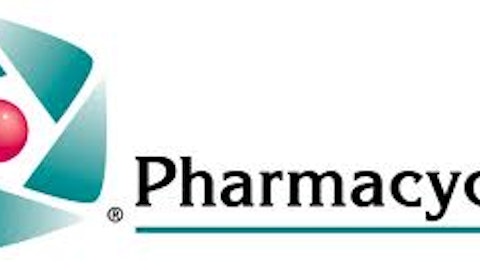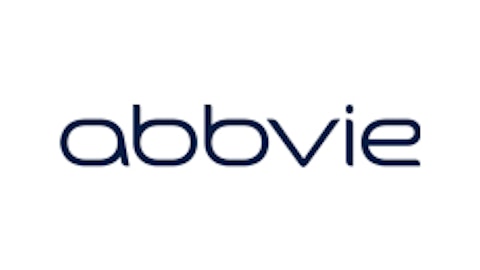
For instance, it’s hard to make money on shoo-in Food and Drug Administration approvals. The approval is already reflected in the price. On numerous occasions, we’ve seen shares dip after expected FDA approvals.
Years of experience can help identify when the crowd has things wrong. So can reading many different opinions.
Except when things change
It used to be that the FDA was pretty conservative. It wanted well-documented data that proved a drug was safe and effective. If the company didn’t have it, the drug wasn’t approved.
While that wasn’t good for drug developers, the consistency helped investors know what could get past the FDA and what would get shot down. There are drugs that fall in the grey area in between obvious approval and obvious rejection, but they were easy to identify as such even if it was harder to know which way they were headed.
But now the grey area seems to be moving. All signs point to the FDA becoming less stringent. The agency approved 39 drugs in 2012, compared to the 23 per year it averaged in the previous 15-year period. Bloomberg reports that Janet Woodcock, director of the FDA’s Center for Drug Evaluation and Research, said that a large phase 1 trial might be good enough to gain approval for drugs that have gained the new “breakthrough” therapy designation.
Vertex Pharmaceuticals Incorporated (NASDAQ:VRTX) was the first to announce that it had gained the designation for its cystic fibrosis drugs. This week, Pharmacyclics, Inc. (NASDAQ:PCYC) and Johnson & Johnson (NYSE:JNJ) got the designation for their blood cancer drug ibrutinib.
Most drugs require data from multiple phase 3 trials. Accelerated approvals are possible with phase 2 data for diseases with no treatment options. But phase 1 data? Wow, talk about bringing in the goalpost.
Unprecedented — until it isn’t
I’ve argued that Sarepta Therapeutics Inc (NASDAQ:SRPT) is unlikely to gain approval of its Duchenne muscular dystrophy drug, eteplirsen, because the most recent trial only treated eight patients with the drug. And two of the patients weren’t included in the clinical efficacy calculations because they had deteriorated too far.
I know of no drug that has been approved with data from less than 10 patients. Twenty or 30 patients? Sure, the FDA will accept that few if the drug treats an orphan disease where there aren’t that many patients. There’s no precedence for approving a drug with eight patients that I know of.
Except, now it sounds like this data could be enough for an approval. Maybe. Possibly. Perhaps.
Dealing with uncertainty
While the FDA becoming less stringent is obviously good for the industry, it makes it tricky for investors until there’s been enough decisions that it’s clear exactly where the line is for the new standard for approval.




